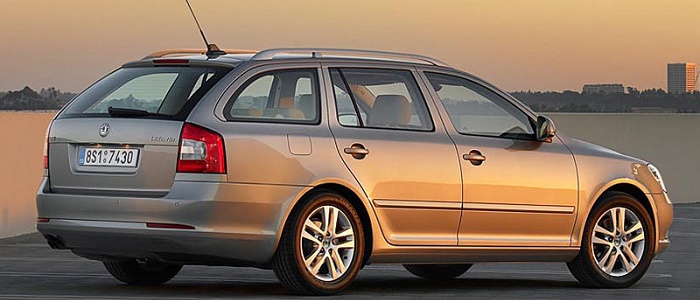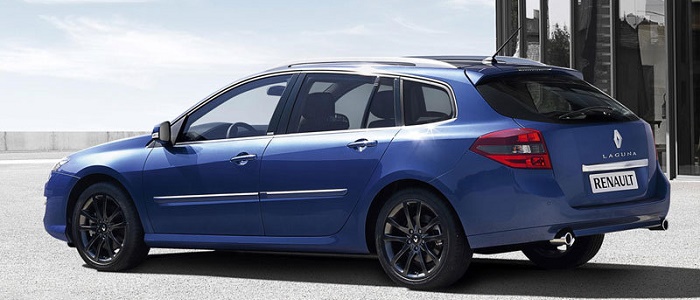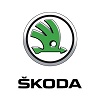Compare two cars
Compare any two cars and get our Virtual Adviser™ opinion
Dimensons & Outlines
Check vehicle history
Engine
2.0 dCi M9R 150
Performance (manual gearbox)
Performance (automatic gearbox)
Expenses
Virtual Adviser's™ opinion
Well, these are two pretty similar cars we have here! It's only details that could potentially make the difference. Considering they both belong to the large family car segment and utilize the same 5-door wagon body style and the front wheel drive system, it all comes up to the specific diesel engine choice they offer. The first one has a Volkswagen-engineered powertrain under the hood, a 4-cylinder, 8-valves 105hp unit, while the other one gets its power and torque from a 4-cylinder, 16-valves 150hp engine designed by Renault.
SafetyThe first thing to look into here would be the results from European New Car Assessment Programme (Euro NCAP) tests performed on the two cars. Good thing is that both vehicles got tested, with the Renault being a slightly better choice apparently. Still, apart from the official crash test results there are other things we need to be aware of. Both vehicles belong to the large family car segment, which is generally a good thing safety-wise, but that fact doesn't break the tie between the two cars. On the other hand, if we'd like to consider vehicle mass in this context too, which we definitely should, the French car offers a considerable difference of 10% more metal.
ReliabilityReliability is not the best thing to consider on the make level, but it is worth mentioning that both brands display similar results in faults and breakdowns, at least on all of the models level. That's the official data, while our visitors describe reliability of Škoda with an average rating of 4.4, and models under the Renault badge with 4.2 out of 5. Independent research findings rank Octavia as average reliability-wise, and Laguna is more or less at the same level.We should definitely mention that owners of cars with the same powertrain as the Czech car rank it on average as 4.3, while the one under the competitor's bonnet gets 4.6 out of 5.
Performance & Fuel economyRenault is undoubtly more agile, reaching 100km/h in 1.9 seconds less than its competitor. In addition to that it accelerates all the way to 205 kilometers per hour, 16km/h more than the other car. When it comes to fuel economy the winner has to be the Czech car, averaging around 4.5 liters of fuel per 100 kilometers (63 mpg), in combined cycle. We can't ignore that 16% difference compared to the French car.
Verdict
Renault appears just a bit more reliable, although the difference is truly marginal. The most important thing when deciding between any two vehicles should always be safety, both passive and active. In my opinion, everything taken into account, the French car beats the other contender by far, making it the best choice without even considering other things. It all continues in the same direction, with Renault outracing its opponent in any situation possible, making it better choice for boy racers. It does come at a cost though, and that's the fuel consumption... All together, there's not much more to say, in this case I wouldn't even consider anything but Renault. In any case that's my personal view, built upon all the data available to me. What should decide here though is the way you feel about the two vehicles, and I hope you'll find my guidelines useful in the process. In case you have two minutes to spare I invite you to define your needs, desires and budget and see which car would be chosen by the virtual adviser™, out of 12.000+ vehicles we currently have in our database.
Related articles
Remember when you laid your eyes on your dream car for the first time? Remember when you first brought it home? Now it is time to protect that dream car of yours. You might be a pro at choosing the right car. But are you a pro at deciding the right car insurance too? Perhaps not.


































